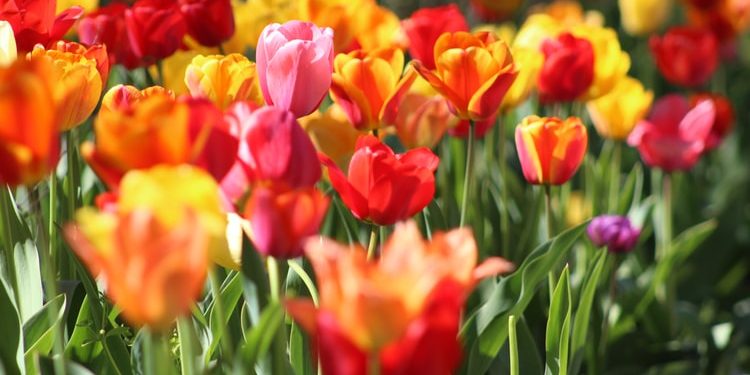For a long time, Kenya has been the world’s 4th largest flower exporter, making a total of over $500 million (KSh51.5 billion) every year, behind Netherlands, Colombia and Ecuador. Rose flower exports to Australia are estimated at KSh2.7 billion as per the Kenya Flower Council.
However, Kenya’s position in the international flower market might change if Australia maintains its September 1st 2019 deadline, requiring Kenya to fumigate its produce at least eighteen hours before it is exported, as part of new bio-security rules.
The bio-security rules, first introduced on 1st March 2019, were to be implemented by 1st July, but negotiations between the two countries saw the deadline pushed to 1st September.
Kenya argues that setting up a fumigation plant in the country will be a costly venture, amounting to roughly Ksh500 million.
Nonetheless, three private companies, SGS, Vegpro Group and Panalpina Kenya Limited have been issued with permits by the Horticulture Directorate to invest in the fumigation plant.
Flowers exported to the country are currently fumigated at the port of entry in Australia.
Horticulture earnings came in third in the list of foreign exchange contributors in Kenya after diaspora remittances and income from tourism.
If Kenya fails to comply with the directives by September 1st, flower exports to Australia will be immediately halted, which means the country could be facing losses close to Ksh2.7 billion.
Kenya’s exports to Australia average at thirty tonnes per month, with other exports being made to Europe, the United States, and some parts of Africa.




